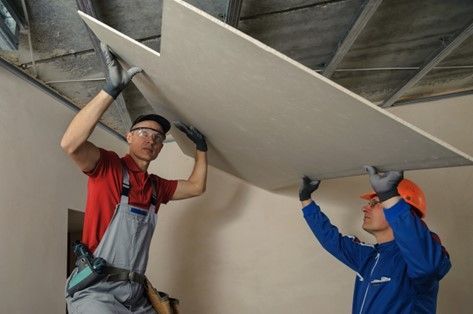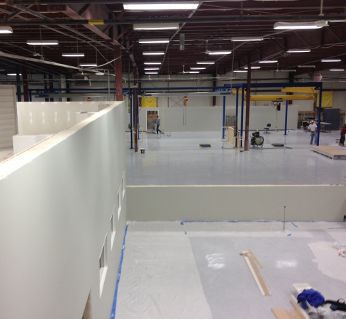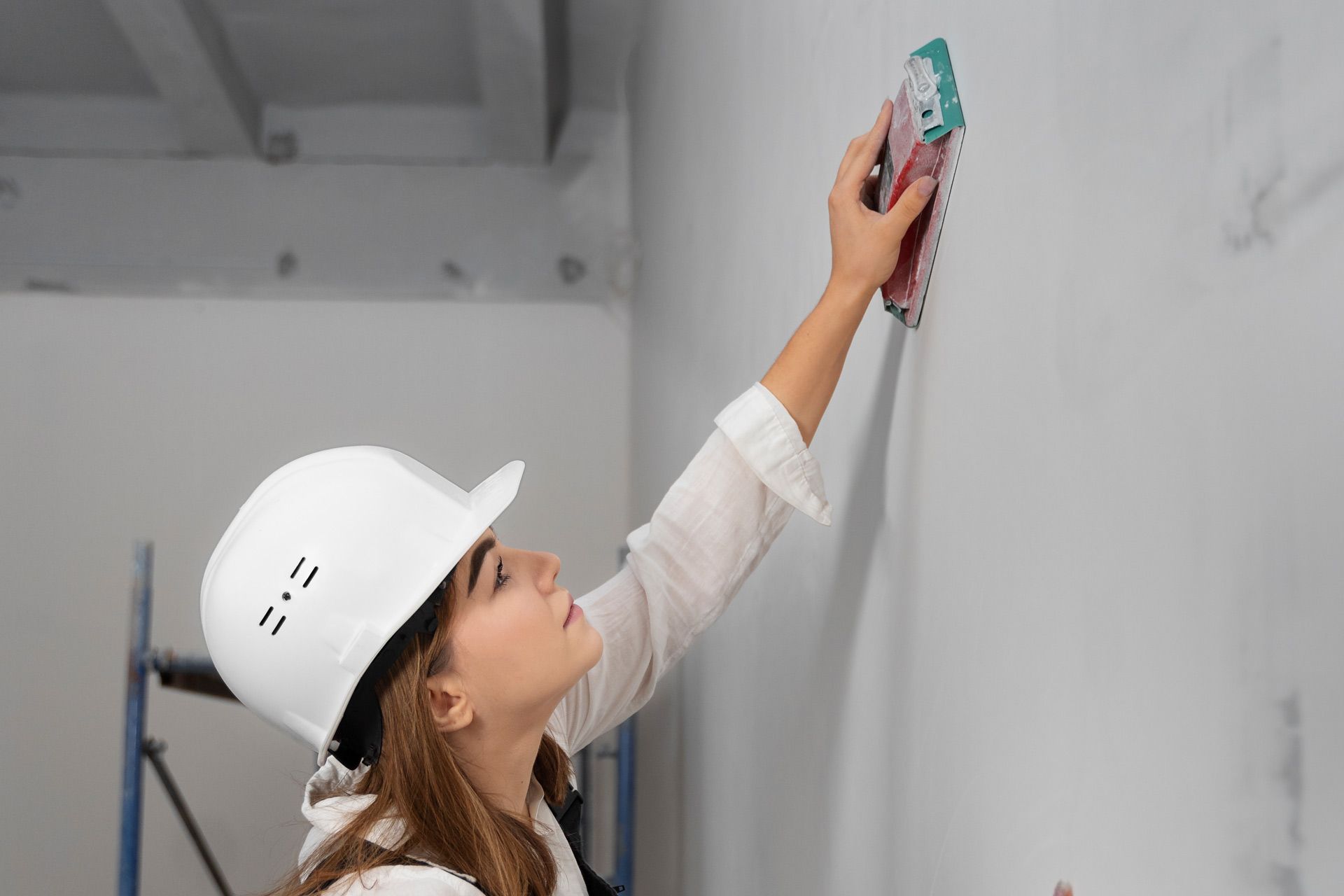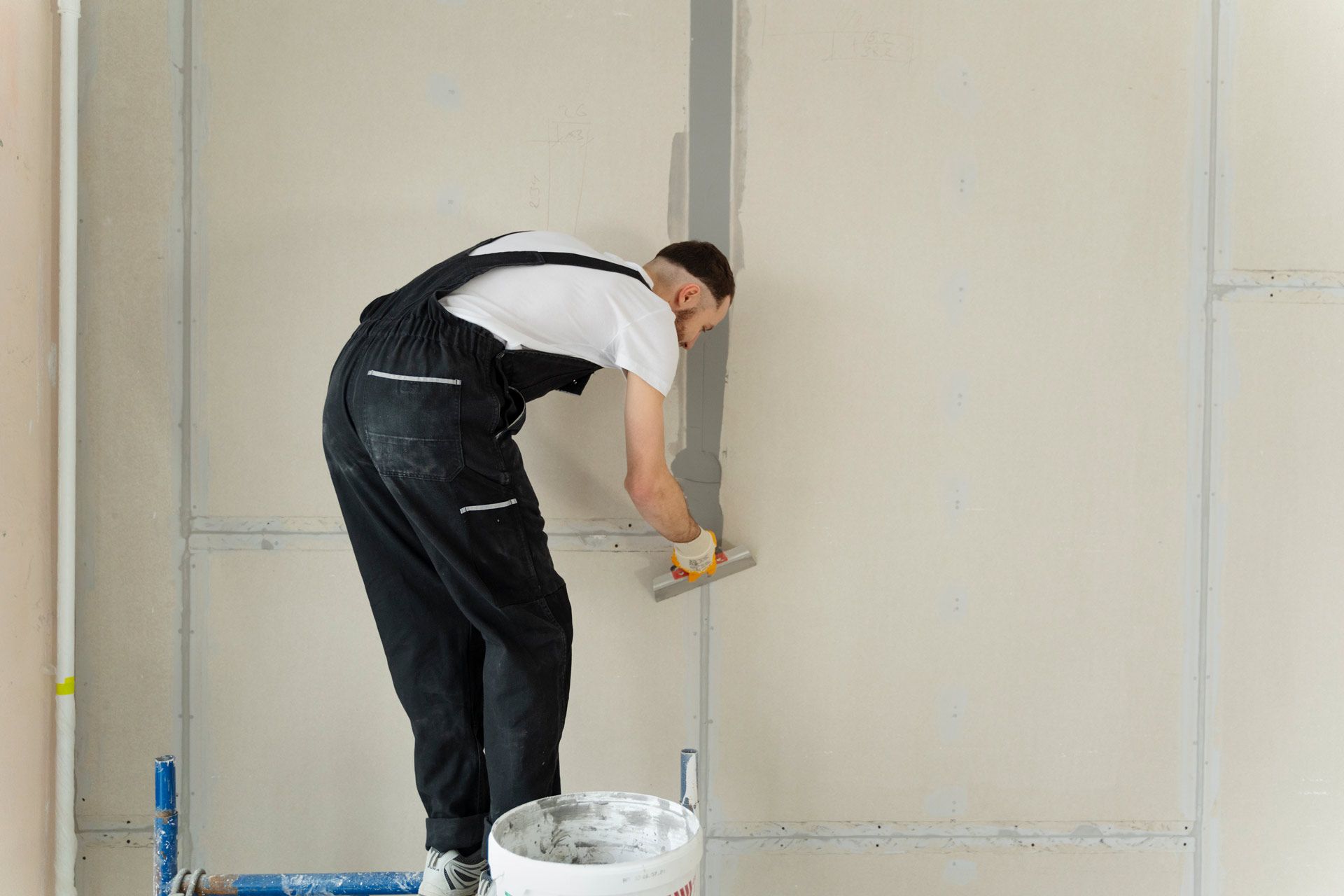Drywall vs Plaster: Pros, Cons, and What’s Best for Older Homes in Western MA
September 8, 2025
Introduction
If you own an older home in Western Massachusetts, chances are your walls are plaster rather than drywall. Many historic houses in Easthampton, Northampton, and surrounding towns were built before drywall became the standard. Now, as homeowners renovate or repair, one big question often comes up: stick with plaster, or switch to drywall?
This decision affects cost, durability, appearance, and even the resale value of your home. In this article, we’ll compare plaster and drywall side by side, highlighting the pros and cons of each, and provide guidance for homeowners in Western MA looking to preserve their home’s character while updating for modern living.
Understanding drywall and plaster
Drywall
Drywall, also called gypsum board or sheetrock, became popular in the mid-20th century because it was faster and cheaper to install than plaster. It comes in panels that are screwed to wall studs, then taped, mudded, and sanded for a smooth finish.
Key traits of drywall:
- Cost-effective and widely available
- Easier and quicker to install
- Compatible with modern insulation and electrical work
- Repair is straightforward
Plaster
Plaster is the traditional wall material used before drywall became common. It is applied in layers over wooden lath strips or metal mesh. Plaster walls are thicker, harder, and often found in older homes with historical value.
Key traits of plaster:
- Dense, hard surface with classic appearance
- Superior soundproofing compared to drywall
- Adds value in historic homes if preserved well
- Repairs are more labor-intensive and costly
Pros and cons of drywall vs plaster
When choosing between drywall and plaster for an older home, weigh the following:
Pros of drywall
- Lower cost for both material and labor
- Faster installation during remodels
- Easier to cut into for running new wiring or insulation
- Simple patching and repairs
Cons of drywall
- Less durable against dents and impact compared to plaster
- Provides less natural sound insulation
- Lacks the classic “solid wall” feel of plaster
Pros of plaster
- Extremely durable and resistant to wear
- Superior acoustic qualities, reducing noise between rooms
- Adds charm and authenticity to historic homes
- Provides thicker, more solid walls
Cons of plaster
- Expensive to repair or replace
- Requires specialized skills for proper application
- Susceptible to cracks over time, especially in older houses with settling
- Time-consuming installation if rebuilding entire walls
How to decide what’s best for your older Western MA home
Making the drywall vs plaster decision involves more than just budget. Here’s a process to guide you:
Step 1: Consider the age and character of your home
If you live in a historic property and want to preserve authenticity, repairing plaster may be worthwhile. If resale value or preserving historic charm matters, plaster often wins.
Step 2: Factor in the scope of your renovation
- Small repairs: Matching existing plaster may be the best route.
- Major remodel or addition: Drywall is faster and more practical for new construction.
Step 3: Think about performance needs
- For soundproofing and durability, plaster still has the edge.
- For affordability, insulation upgrades, and convenience, drywall is more practical.
Step 4: Weigh local climate and maintenance
Massachusetts winters can be hard on older plaster walls, leading to cracking. Drywall handles seasonal expansion and contraction better, though it is less impact-resistant overall.
Step 5: Get professional advice
A drywall contractor familiar with older Western MA homes can evaluate your walls and recommend whether plaster repair, drywall replacement, or even a hybrid approach (drywall with skim coat plaster finish) works best.
FAQs
Is plaster stronger than drywall?
Yes, plaster is harder and denser, making it more durable against scratches and dents. However, it is more prone to cracking with age.
Can you put drywall over plaster?
Yes. Many homeowners install drywall over existing plaster walls as a cost-effective way to refresh without removing the old material.
Which is better for soundproofing, plaster or drywall?
Plaster generally provides better soundproofing because of its thickness and density. However, modern soundproof drywall options can close that gap.
Does drywall lower the value of a historic home?
Replacing plaster with drywall can reduce authenticity, which may affect value for buyers seeking historic charm. In most cases, careful drywall upgrades won’t hurt value if done tastefully.
Can plaster walls be repaired instead of replaced?
Yes. Skilled contractors can patch, skim coat, or restore plaster. Repairs are labor-intensive but can preserve the look of historic walls.
Conclusion
For homeowners in Western Massachusetts, the choice between drywall and plaster depends on balancing history with practicality. Plaster offers authenticity, charm, and durability — but at a higher cost and maintenance level. Drywall offers convenience, affordability, and ease of integration with modern living.
Frenchie Drywall in Easthampton works with both materials, helping homeowners preserve the beauty of their older homes while ensuring walls are safe, functional, and long-lasting. Whether you want to repair plaster or install new drywall, expert guidance ensures the best outcome for your unique property.










